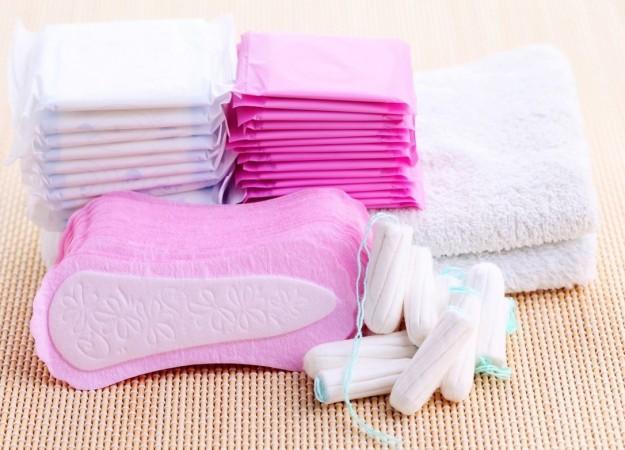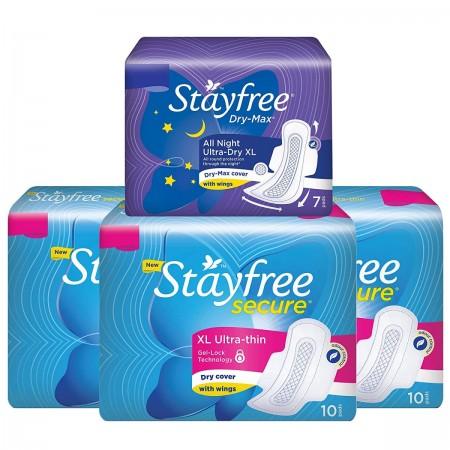
The cultural taboo and stigma attached to the menstrual cycle have created barriers for women to get access to information pertaining to safe reproductive practices. Conversations that revolve around the accessibility of disposable sanitary pads are often deadlocked by activists who advocate for sustainable alternatives to menstrual hygiene products.
As we celebrate Menstrual Hygiene Day, let's try delving into this discourse and find out how safe and sustainable are our menstrual hygiene products.
It is interesting to note that while India adopts the Sustainable Development Goals (SDG) model as a part of the United Nation's Agenda 2030, the term 'sustainable' has become a mainstream movement. Sustainable alternatives of menstrual products like reusable sanitary napkins made of cloth and menstrual cups are gaining momentum as steps to avoid the issue of landfills getting choked with non-biodegradable wastes and toxic discharges causing irreversible damage to the environment.
In the current digital age, sanitary pads are advertised in the commercial market in such a manner that the targeted consumers are referred to as the 'modern women'. The white "ultra-thin" plastic sheets are convenient, smart, secure, feather light and become instruments of empowerment.

One of the major advantages that the disposable sanitary pads enjoy is that the brands are price conscious in the competitive market that it operates in. Sustainable alternatives like menstrual cups and tampons are expensive and remain inaccessible to a large number of people.
What is often ignored is the fact that disposable sanitary pads contain polymers, bleach, artificial perfume, viscose, and gels for extra absorbency. Consumers, on the other hand, are not aware of the ingredient list on the packages as they are not disclosed due to its classification as a "medical product".
Official agencies also play a crucial role in the lack of quality check mechanisms. The Indian Standard of Specifications for Sanitary Napkin was last updated in 1980 by the Indian Standards Institute.
However, the latest additions of 'moisture lock technology' and other consumer-centric tools have remained unexamined.
Recent studies have pointed out that the ignorance surrounding the agents that are used inside sanitary napkins may result in hormonal imbalance and cause cervical cancer. The lack of knowledge about the negative impacts of these toxins is a clear indicator of the state of women's reproductive and health rights.
As menstrual hygiene awareness is becoming more widespread all over the country with Menstrual Hygiene Day celebrations, sustainable alternatives remain an unpopular option due to its inability to compete in the price conscious market. To get people to talk about sustainability, policy-making mechanisms need to include factors like disposability and accessibility so that women are able to make an informed decision based on safe reproductive health practices.














